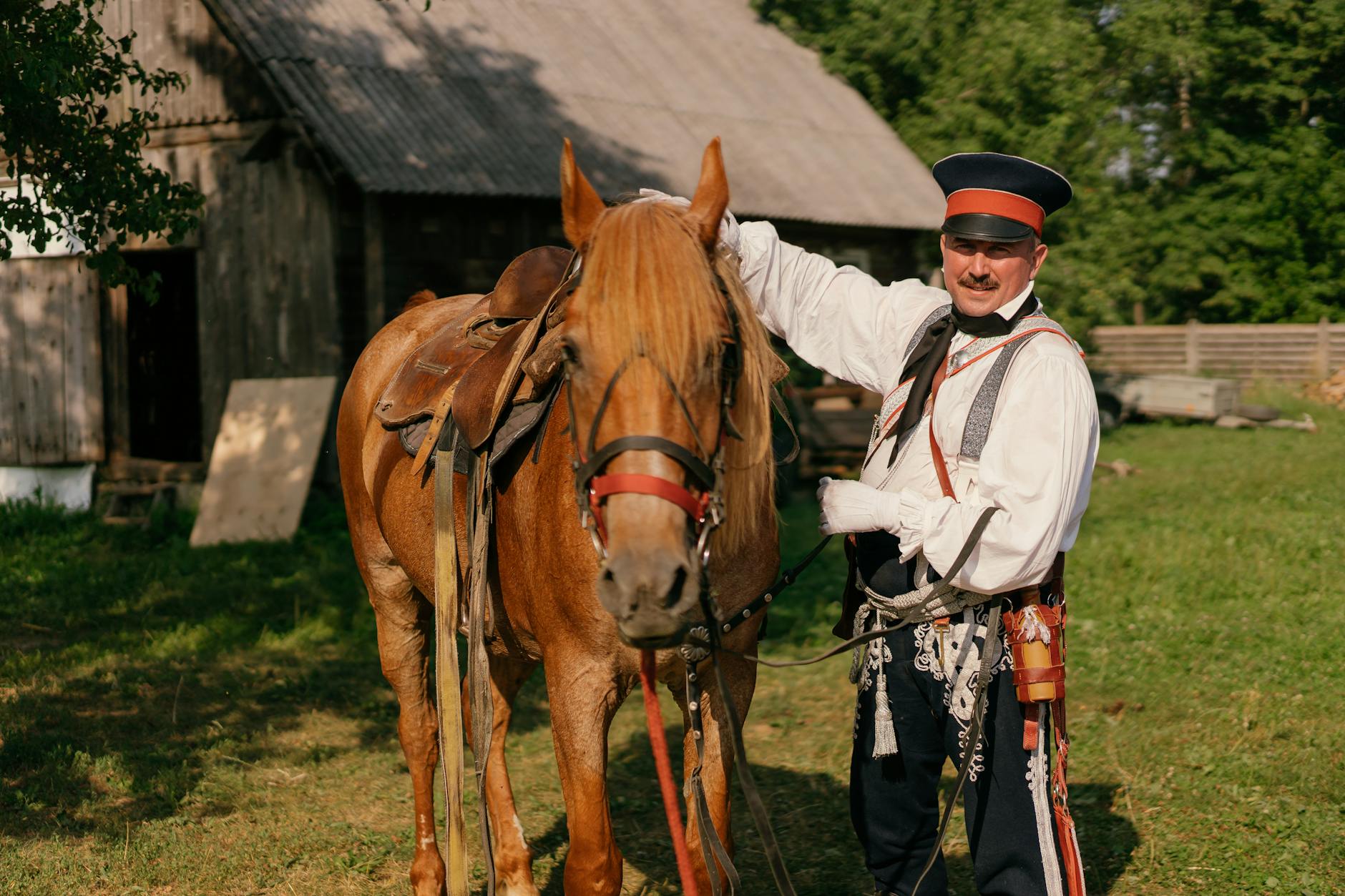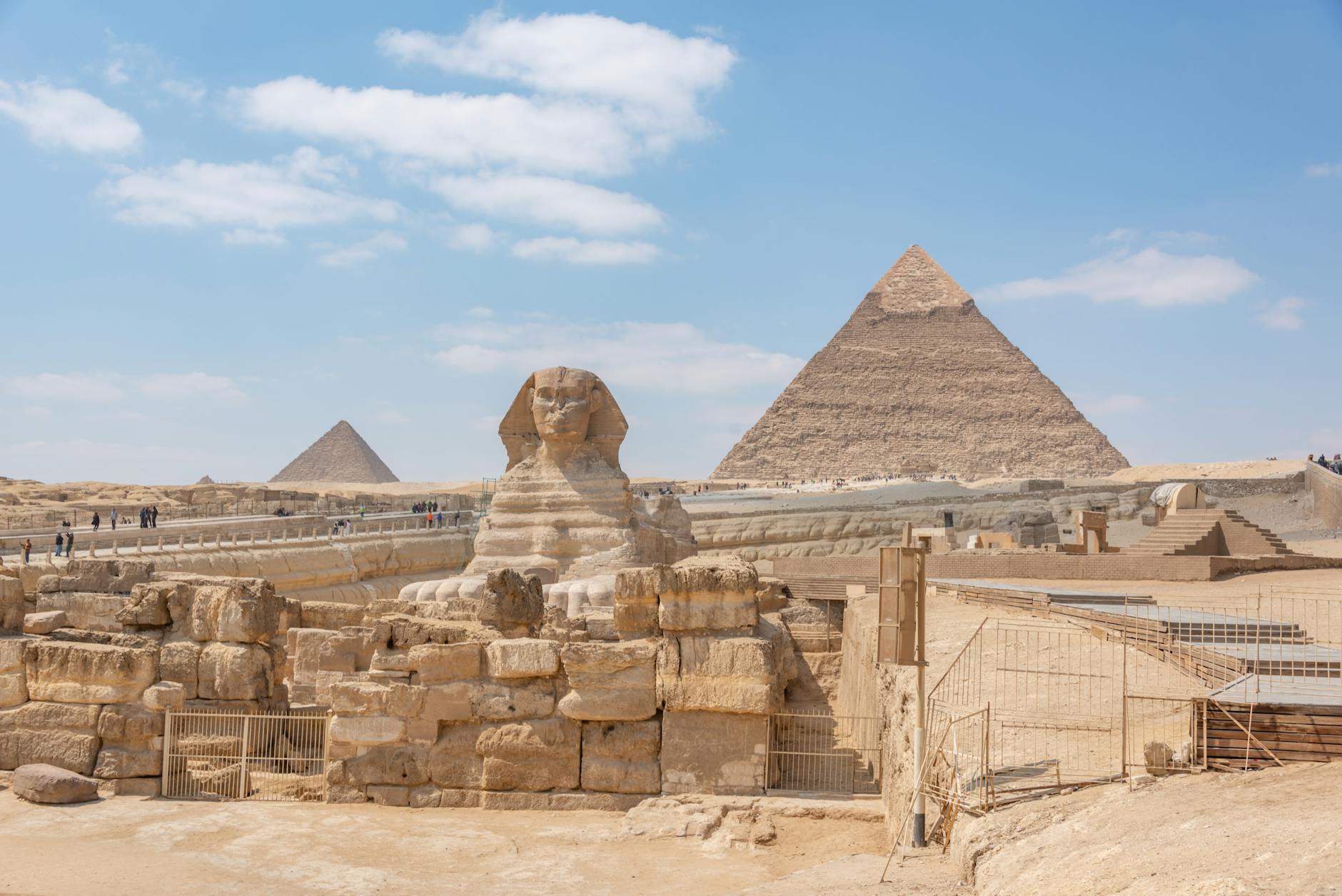Unravel the threads of history and we find Cannabis interwoven in various societies, cultures and conventions. Its rich narrative resonates with ancient civilizations, religious ceremonies, medicinal use, and recreational activities. The historical significance and the cultural evolution of cannabis are worth exploring, given the breadth of its uses and impact through time.
The inception of cannabis culture dates back to ancient times. Cannabis seeds were discovered in the burial sites of the Chinese, dating as far back as 3000 B.C. The plant was used for medicinal and spiritual purposes, reflecting its early place in human life. Similarly, Indian traditions infused cannabis into religious ceremonies and rituals. Bhang, a drink made from cannabis, has held a sacred spot in Hindu celebrations, specifically in the festival of Holi. The intoxicating drink serves as a medium to extol Lord Shiva, the god associated with cannabis in Hindu mythology.
Holistic ventures of ancient civilizations also made ample use of cannabis. For instance, the Scythians, nomadic Indo-European tribes relied on it for various purposes. Herodotus, the Greek historian, detailed in his accounts about the tribe’s use of cannabis for ritual and cleansing ceremonies.
The culture of cannabis, however, was not limited to Asia. Moving westward, both the Vikings and medieval Germans used cannabis for pain relief during childbirth and toothaches, signifying its medicinal use. Historians further highlight cannabis’s presence in Africa, where tribes leveraged it for recreational use, as well as a buffer against the tedium of routine tasks.
The early 20th century experienced a shift in the perception of cannabis. During this phase, the United States enacted the Marihuana Tax Act in 1937. This marked the beginning of stringent cannabis prohibition, fueled by the vilification of cannabis in the media and redefining public perception.
Interestingly, the mid-20th century Western counterculture, often associated with the Hippie movement, embraced cannabis as an emblem of resistance. It became a symbol of protest against the war, institutional structures, and cultural norms, thereby forming an essential element of the cannabis culture of that era.
Yet, the wheel of time continued to move, and as we ventured into the 21st century, we witnessed a significant evolution in cannabis’s cultural reputation. Decriminalizing and legalizing cannabis grabbed popular attention in various parts of the world, marking a resurgence of cannabis culture with different nuances. It’s now regarded widely not just for recreational usage, but for its therapeutic benefits in addressing various health conditions such as epilepsy, cancer, and chronic pain.
Furthermore, the cultural rituals involving cannabis have adapted over time, involving more diverse practices. The Rastafari community, for instance, consider the use of cannabis a sacrament that cleanses the body and mind, facilitates peacefulness, and offers insightful introspection. This perspective towards cannabis, emphasizing spiritual awakening and unity, showcases a positive and respectful way of incorporating the plant into cultural practices.
In conclusion, the historical significance and cultural evolution around cannabis is as diverse as it is long-standing. From the ancient’s medicinal and spiritual traditions to its modern therapeutic applications, its role in societal development has been significant. With changing views on cannabis prohibition and its societal implications, the conversation around this plant is sure to continue to develop, taking with it an intricate tapestry of global traditions involving this age-old plant.


